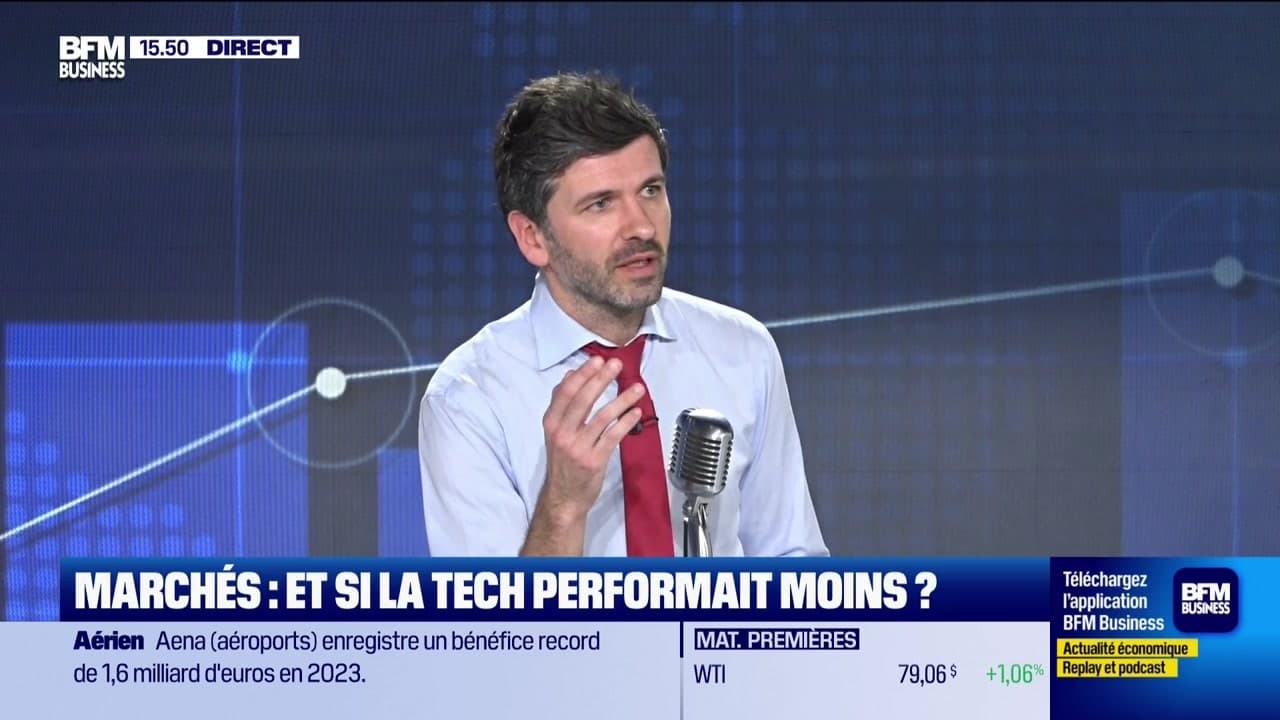Dealers Double Down: Opposition To Electric Vehicle Mandates Intensifies

Table of Contents
Economic Concerns Fuel Dealer Opposition to Electric Vehicle Mandates
Dealers are raising significant concerns about the economic viability of rapidly transitioning to an EV-centric market. These concerns are rooted in substantial upfront investment requirements and uncertainties about consumer demand.
Investment Costs and Infrastructure Limitations
Dealers cite substantial upfront investment required for EV infrastructure. This includes the installation of charging stations, the acquisition of specialized tools for EV maintenance and repair, and the training of technicians in EV-specific technologies. The lack of widespread, reliable charging infrastructure across the country significantly hinders EV sales and customer adoption. Without sufficient public and private charging networks, many consumers remain hesitant to embrace electric vehicles.
- High initial cost of EV inventory poses financial risks for dealerships. Stocking EVs requires a significant capital outlay, especially for smaller dealerships with limited resources.
- Uncertainty around future EV demand creates hesitation among dealers. The market for EVs is still developing, and the pace of adoption remains unpredictable, making it difficult for dealers to plan their investments confidently.
Impact on Existing Inventory and Profit Margins
Dealers are worried about being left with stranded assets – unsold gasoline-powered vehicles – if EV mandates lead to a rapid shift in consumer preference. This could result in substantial financial losses. Furthermore, the profit margins on EVs are currently lower than those on traditional vehicles, creating another significant concern for dealerships.
- The need for significant staff retraining to handle EV maintenance adds to costs. Upgrading the skills of existing mechanics is crucial but expensive, requiring substantial investment in training programs.
- Smaller dealerships are particularly vulnerable to the financial pressures. The high upfront costs associated with EV infrastructure and inventory are disproportionately burdensome for smaller dealerships, potentially driving some out of business.
Concerns About Consumer Readiness for Electric Vehicle Mandates
Beyond the economic concerns faced by dealers, there are also significant questions about whether consumers are truly ready for a widespread shift to electric vehicles. Two key factors contribute to this uncertainty: range anxiety and affordability.
Range Anxiety and Charging Infrastructure Gaps
Consumer anxieties regarding limited EV range and the availability of charging stations remain a significant barrier to widespread EV adoption. Many potential buyers are hesitant to purchase an EV due to fears of running out of charge before reaching a charging station, especially on longer journeys.
- Long charging times compared to refueling gas vehicles are a deterrent. The time it takes to fully charge an EV is significantly longer than refueling a gasoline car, potentially causing inconvenience for consumers.
- Inconsistency in charging standards across different manufacturers adds to confusion. The lack of standardization in charging connectors and protocols adds to the complexity and reduces the convenience of EV ownership.
Affordability and Accessibility Issues
The higher initial purchase price of EVs presents a significant barrier for many consumers, particularly those in lower-income brackets. While government incentives exist, they often do not fully offset the price difference between EVs and gasoline-powered vehicles.
- Government incentives may not fully offset the price difference for all consumers. The availability and amount of government subsidies vary, and many consumers may still find EVs unaffordable.
- Lack of a mature used EV market limits accessibility for budget-conscious buyers. The lack of readily available used EVs at affordable prices further restricts accessibility for many consumers.
Dealers Advocate for a Phased Approach to Electric Vehicle Mandates
Rather than outright mandates, many dealers advocate for a more gradual and collaborative approach to the transition to electric vehicles. This phased approach would allow the industry to adapt more effectively while addressing consumer concerns.
Gradual Transition to Reduce Disruption
Dealers propose a phased implementation of EV mandates, allowing for a more gradual shift in the market. This would provide time for dealers to adapt their infrastructure, train their staff, and adjust to changing consumer demands.
- Targeted incentives to boost EV adoption without mandating immediate conversions. Instead of strict mandates, targeted incentives could encourage EV adoption without forcing dealerships into immediate, potentially risky, transitions.
- Investment in nationwide charging infrastructure to address consumer concerns. Significant investment in a robust and reliable charging network is crucial to alleviate range anxiety and encourage consumer confidence in EVs.
Collaboration Between Government and Industry
Dealers emphasize the importance of greater collaboration between government agencies and the automotive industry. Open dialogue and a shared understanding of the challenges are crucial for developing effective policies.
- Open dialogue to address the concerns and challenges faced by the industry. Open communication and collaboration are necessary to find solutions that work for both the government and the automotive industry.
- Sharing of data and expertise to inform policy decisions. Data-driven decision-making, incorporating input from dealers and manufacturers, is key to developing effective and realistic EV policies.
Conclusion
The opposition to electric vehicle mandates from car dealers is intensifying, driven by legitimate economic concerns and apprehension about consumer readiness. A collaborative approach, involving phased implementation and significant investment in charging infrastructure, could mitigate the disruption and foster a smoother transition towards a sustainable automotive future. Ignoring dealer concerns risks undermining the success of electric vehicle adoption. Finding common ground is crucial for the effective implementation of electric vehicle mandates and the overall health of the automotive industry. A balanced approach, incorporating dealer feedback and addressing consumer needs, is essential for the successful transition to a wider adoption of electric vehicles.

Featured Posts
-
 Raih Produktivitas 350 Kata Inspirasi Hari Senin Yang Memotivasi
Apr 23, 2025
Raih Produktivitas 350 Kata Inspirasi Hari Senin Yang Memotivasi
Apr 23, 2025 -
 Naylors Clutch Hit Leads Diamondbacks To Victory Over Brewers
Apr 23, 2025
Naylors Clutch Hit Leads Diamondbacks To Victory Over Brewers
Apr 23, 2025 -
 Bfm Bourse Du 24 Fevrier Recapitulatif Complet Des Actualites Boursieres
Apr 23, 2025
Bfm Bourse Du 24 Fevrier Recapitulatif Complet Des Actualites Boursieres
Apr 23, 2025 -
 Yankees Shatter Record With 9 Home Runs Judges 3 Lead The Charge
Apr 23, 2025
Yankees Shatter Record With 9 Home Runs Judges 3 Lead The Charge
Apr 23, 2025 -
 Florida Condo Market Crash Why Owners Are Selling Now
Apr 23, 2025
Florida Condo Market Crash Why Owners Are Selling Now
Apr 23, 2025
